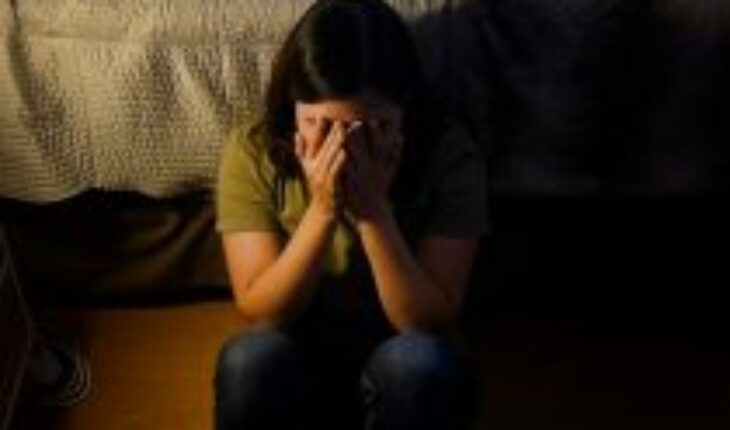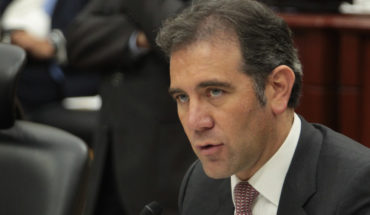A study of children and adolescents between 4 and 18 years old done in Chile in 2011, showed that their prevalence of psychiatric disorders and / or psychosocial disability was 22.5%. Chile obtained the highest index of the 24 countries studied. Another study was conducted in 2017 and the prevalence of mental disorders in children and adolescents increased to 38% (+16%). This is 4 out of 10 Chilean children and adolescents. (Lampert, BCN, 2021). On the other hand, according to WHO, the average in the world is 14%, that is, 1 in 7. To land it in a number of specific Chilean children and adolescents, we are talking about one and a half million of them are those who suffer from these disorders. Tell them one by one, because everyone goes through their own ordeal and loneliness. It is very likely that you have one very close to you and you have not noticed.
What has increased the most are anxiety disorders and depressions. Suicide is the second leading cause of adolescent death in Chile, according to several studies. The emergency units of the private clinics and the Central Post are alarmed because they receive every day several children and adolescents with suicide attempts. Chile is one of the countries with the worst mental health of children and adolescents in the world, the second with the highest increase during the pandemic. Bleak! And in drug use, how are we doing? In 2019, 31% of Chilean children and adolescents reported having tried cocaine before the age of 15; and at the same age the base paste had already been tasted by 61% (ibid.) Dramatic!
The data is very disturbing. I’m not a psychologist or psychiatrist, I’m a lawyer. I just want to turn my attention back to this problem that I consider very serious for Chile.
Rehearsing my non-specialist opinion on some causes, I would say that a huge segment of children and adolescents currently feel very lonely. They even feel alone about their colleagues and friends, with whom they talk on cell phones in 4 lines and a couple of images in which they do not really reveal how they are, or how they are, but rather what they would like to be or how they would like to be. Digital communication rows against it. In Chile, what psychologists call the internalizing syndrome also prevails, which prevents them from expressing what they really feel, because if they do, it generates more anxiety, anguish and depression. It’s a vicious cycle.
They also seem to feel unloved and underheard; poorly valued for being as they are, or if they “fail” or do not meet high expectations. We live in a very demanding, competitive, non-stop, exitist culture, eager to have and consume. That crushes anyone.
They feel insecurity, uncertainty, low self-esteem, have little tolerance for frustration. They receive very little family support, with fathers and mothers having very long working hours and travel times, which sometimes exceed 12 hours each day, which in practice makes them totally absent with their children.
On the other hand, the future of children and adolescents today is much more uncertain than the one we had. They don’t even know what knowledge and skills will help them make a living in 15 or 30 more years. The exponential evolution of knowledge and technique is fantastic. But it creates new realities and conditions of the environment. Our adaptability to them is not so fast.
I also believe that adults, in general, have not been able to convey well to children, adolescents and young people some meanings, purposes or meanings for their lives. For 40 years began the great crises of philosophical, political, spiritual and religious worldviews – especially in the West – that helped us to better understand the world, form an ethical basis and values for which to fight, and project a future.
Those crises hit us parents and teachers today and left us baffled. Nihilism was emptying the existence of many, who have been left without anchor, without a lighthouse and without a backbone to sustain their lives.
And what powerful and valuable leaders or referents do our children and adolescents have in Chile and the world?
Anyway, we could write so many other causes. But in short, today’s world is not easy for Chilean children, adolescents and young people, and those of us who are in charge of their education and care as parents and teachers are not doing very well. We must make an urgent change.
In the next column I will refer to what I believe is the role that teachers should play to face this dr.loves, at all educational levels, from pre-school to university.
Follow us on
The content expressed in this opinion column is the sole responsibility of its author, and does not necessarily reflect the editorial line or position of El Mostrador.





